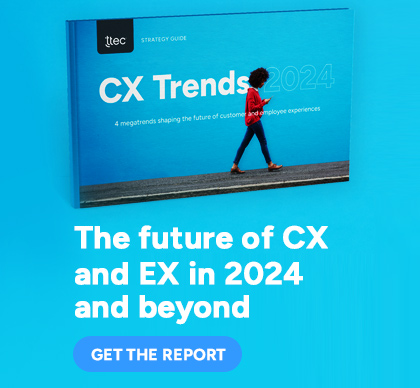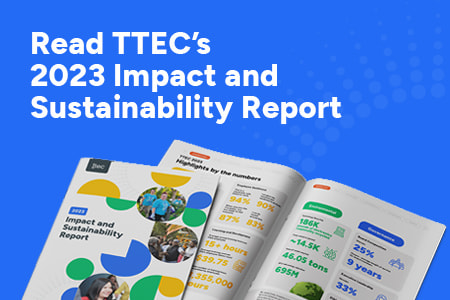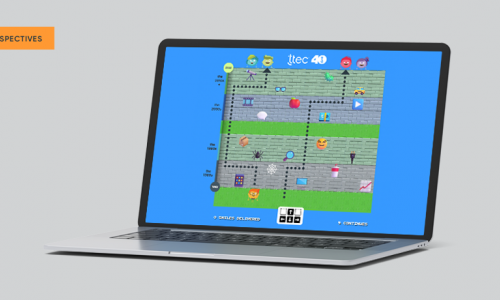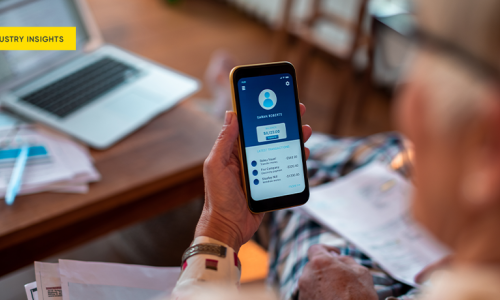Perusing the New York Times on a recent morning, I noticed an article about how New York City transit conductors, train operators, and station associates are taking the brunt of riders’ frustrations at the delays and problems mounting on local subways, buses, and trains. The unfortunate fact is that none of these front-line employees are responsible for issues, yet they are the ones being held accountable by an angry public.
Next to it was an article about how Jaguar Land Rover is asking potential engineering employees to download and play a custom puzzle app, to gauge recruits’ aptitude for problem solving and critical thinking. It’s an example of how companies have to be more innovative and creative to attract the best candidates.
Those two were followed by news that Uber will now offer a built-in tipping option on its ride-hailing app and other driver-centric features, after drivers complained about mistreatment and exploitation. This decision is designed to appease employees, contractors, and consumers after investigations into sexual harassment and other poor treatment of employees in Uber’s corporate offices led to the CEO’s resignation.
This is the first time I’ve noticed so much attention being paid to employees as subjects of general news. It goes to show that companies are coming around to the idea that people, not technology, are ultimately what make the best customer experiences. You have to have humans behind every interaction, even automated ones. This notion is helping to elevate the importance of employee engagement, empowerment, and retention to be a C-level priority.
In this issue of the Customer Strategist, we interview the head of USAA’s employee innovation lab, and present primary research on the mindset of Millennial employees. We look at the implications of the automation trend within the workplace, and share how insight-driven employee experience (EX) strategy can enhance the entire employee lifecycle.
As the customer experience evolves, the employee experience must evolve with it. The role of employees as representatives of the brand will only grow as the barrier between companies and their customers recedes.






